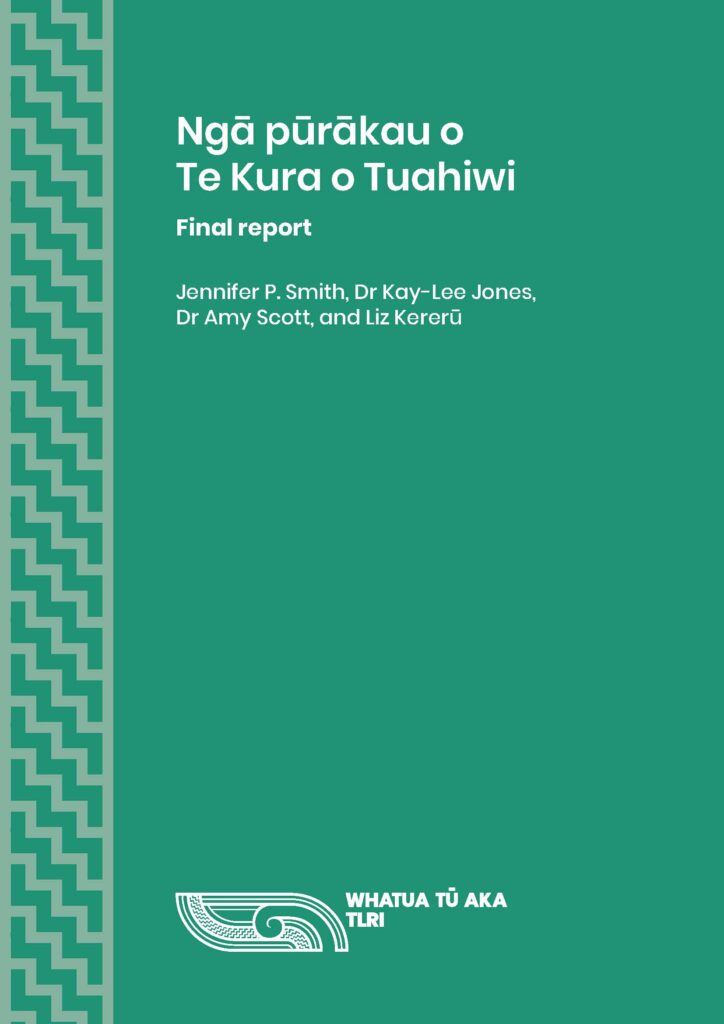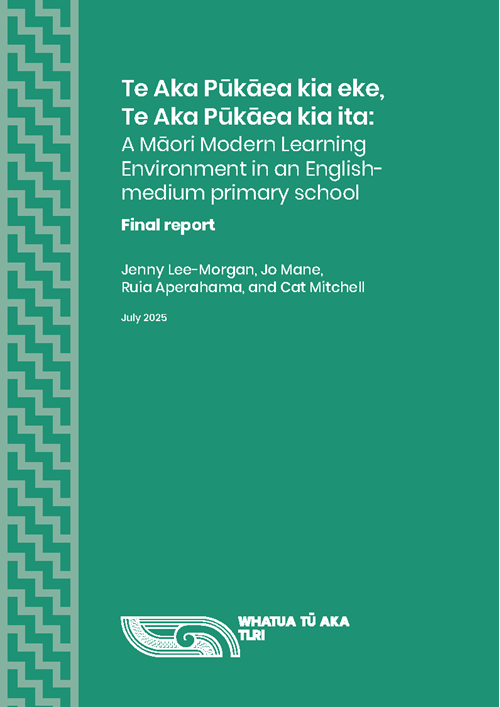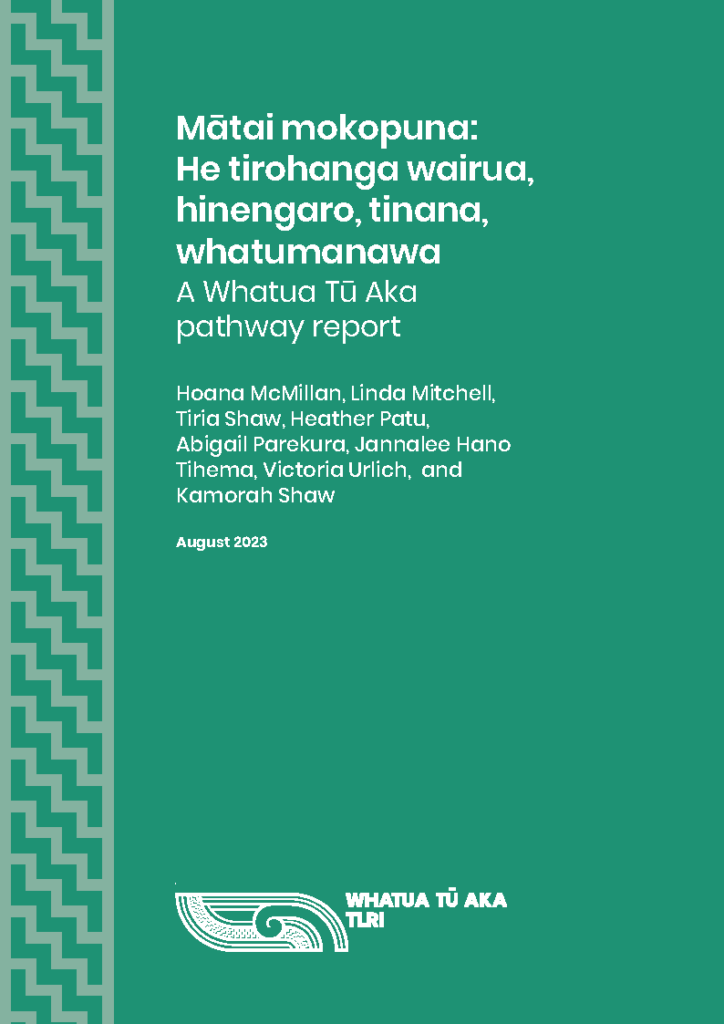Mō TLRI | About TLRI
The Teaching and Learning Research Initiative: Nāu i Whatu Te Kākahu, He Tāniko Tāku (TLRI) seeks to support research addressing themes of strategic importance to education in Aotearoa New Zealand that will lead to an improvement in outcomes for learners. Partnerships between researchers and practitioners are central to the TLRI.
The TLRI was established by the government in 2003, and provided annual funding of up to $1,555,556 (excluding GST) for research projects of up to 3 years duration, that meet its criteria. The TLRI has funded 201 eucation research projects and will come to an end on June 2027. The findings of all completed projects and details of research in progress are available at the Ngā Rangahau | Research section of this site.
Since the fund’s inception, Rangahau Mātauranga o Aotearoa | New Zealand Council for Educational Research (NZCER) has coordinated the fund on behalf of the Ministry of Education. A TLRI is convened by the Ministry of Education.
Aims of the TLRI
The TLRI aims to:
- build a cumulative body of knowledge linking teaching and learning
- enhance the links between educational research and teaching practices (and between researchers and teachers) across early childhood education (ECE), school, and tertiary sectors
- grow research capability and capacity in the areas of teaching and learning.
Every year the TLRI outlines key priorities it aims to support through educational research funding.
Research Pathways
The TLRI has two pathways: Whatua Tū Aka (for kaupapa Māori research) and the Open Pathway (for all other research).
 |
Whatua Tū Aka for kaupapa Māori research. |
 |
Open Pathway for all other research. |
 |
Pacific Research focused on Pacific values, methodologies and knowledge systems within the Open Pathway. |
 |
|
| Whatua Tū Aka for kaupapa Māori research. |
 |
| Open Pathway for all other research. |
 |
| Pacific Research focused on Pacific values, methodologies and knowledge systems within the Open Pathway. |
Researcher-Practitioner Partnerships
Partnerships between researchers and educational practitioners are essential to the TLRI’s goals. This grows research capability and capacity, establishing a reciprocal process that:
- Builds the capability of researchers to undertake quality research, through engaging in high-quality projects and working with other researchers with varied levels of experience.
- Enables teachers to gain expertise in systematic enquiry, as they engage as active members of a research team.
- Builds the capability of teachers to improve their teaching practice by learning from the findings of research
- Deepens researchers’ understanding of teaching and learning by engaging with teachers.
TLRI focuses on individuals in research teams using their collective expertise, and on all team members having the opportunity to learn from each other.
Practitioners include, but are not limited to:
- teachers and kaiako in early childhood education (ECE), kōhanga reo, and Pacific language nests
- teachers and kaiako in kura Māori, primary, intermediate, secondary, and area schools
- lecturers and tutors in universities, wānanga, polytechnics, and private training establishments
Students and ākonga; families and whānau; hapū, iwi, and communities may also be part of the research partnership.
In these partnerships, practitioners might take the role of advisors, data gatherers, informants, etc. and not necessarily be integral to all aspects of the thinking inside the partnership.
The TLRI is open to researchers working in organisations (e.g. universities or other tertiary institutions) or independently. The TLRI will not enter into contracts with individuals, requiring that contracts are with legal entities. Staff of the Ministry of Education or other government departments are not eligible to apply.
Rapua ngā Kaupapa |
Search Projects

I Whakaputaina Inakuanei |
Recently Published

Ohauru | Subscribe




